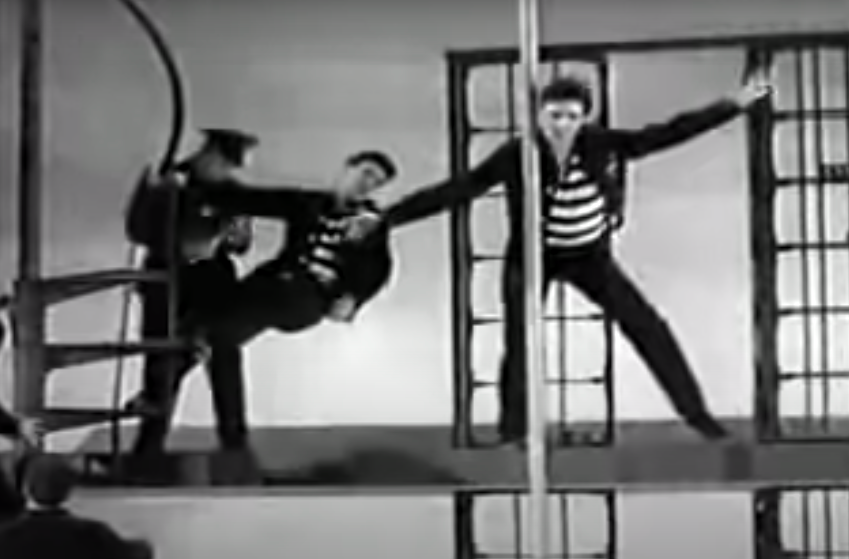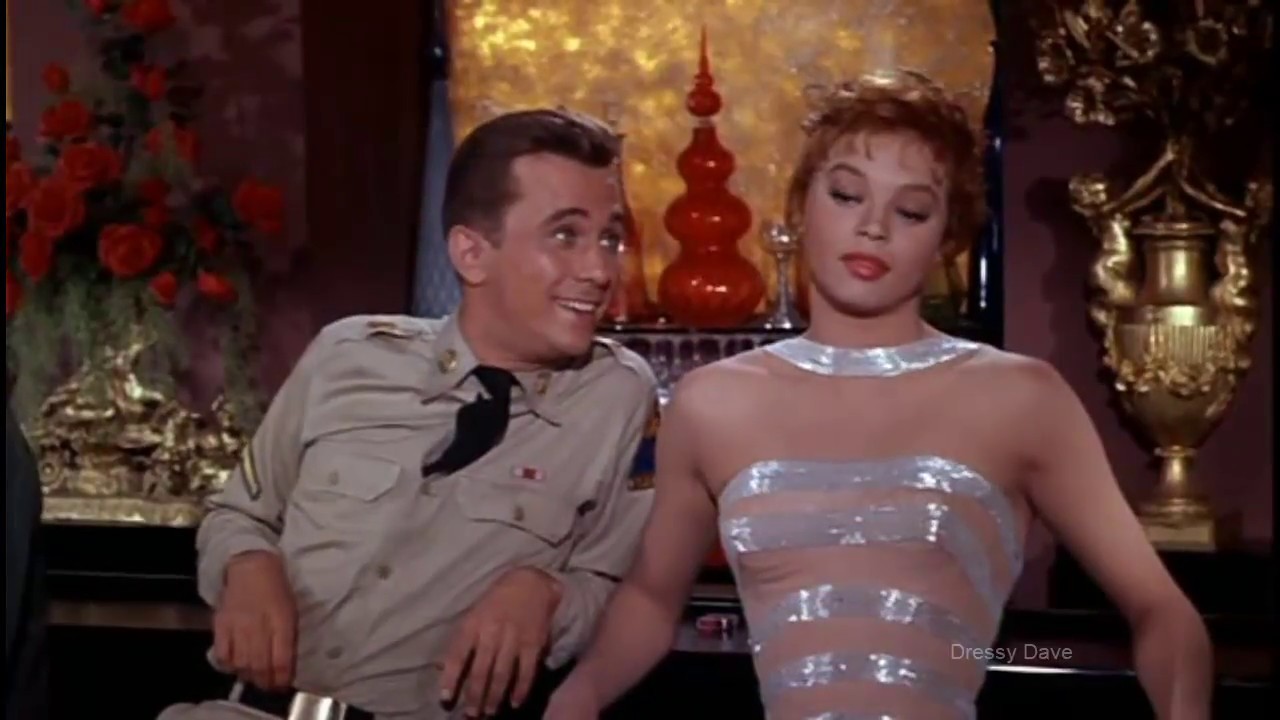Little Darlin’ – The Diamonds
Movie: Peyton Place (1957)
“Little Darlin'” by The Diamonds is a quintessential 1950s doo-wop hit that helped define the sound of early rock and roll. Originally written by Maurice Williams and first recorded by his group The Gladiolas, the song gained widespread popularity through The Diamonds’ 1957 cover, which brought a more polished and theatrical flair to the tune. Their version became a massive commercial success, peaking at number two on the Billboard charts and remaining there for eight weeks, only kept from the top spot by Elvis Presley’s “All Shook Up.”
The song is instantly recognizable for its dramatic vocal style, including exaggerated spoken-word interludes, falsetto swoops, and a pulsating rhythm. Dave Somerville’s lead vocals are filled with longing and intensity, while the backing harmonies add texture and charm. The Diamonds injected humor and over-the-top emotion into the performance, making it a fan favorite and a standout among doo-wop songs of the era. The contrast between its almost parody-like delivery and its genuinely catchy melody makes “Little Darlin’” both fun and memorable.
Lyrically, “Little Darlin'” speaks to the theme of yearning and lost love, common in the era’s music. The narrator pleads for his beloved to return, underscoring the innocence and melodrama that characterized teen romance songs of the 1950s. While the original Gladiolas version had a more soulful, straightforward delivery, The Diamonds turned it into a theatrical showpiece that reflected the evolving nature of rock and roll — blending rhythm and blues roots with a pop-friendly, radio-ready sound.
Over the decades, “Little Darlin’” has remained a staple of oldies radio and a symbol of the 1950s musical zeitgeist. Its campy style and catchy rhythm have made it a beloved novelty, often evoking nostalgia and a sense of fun. The Diamonds’ version, in particular, showcases how rock and roll in its infancy wasn’t just about rebellion — it was also about performance, personality, and broad appeal.








June 14, 2025 @ 11:31 am
It would be nice if Net Hugs would respond to my dilemma! Thanks.